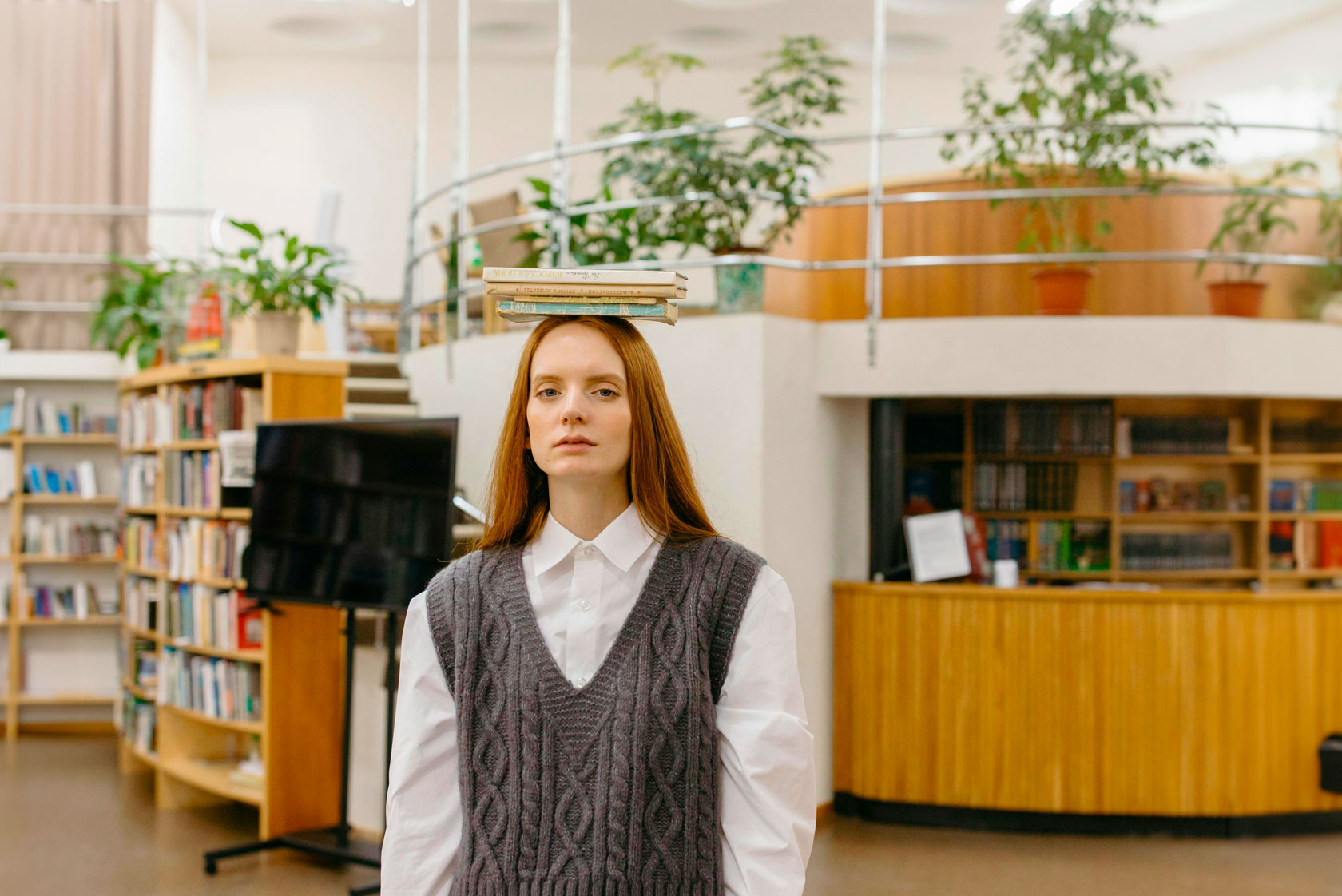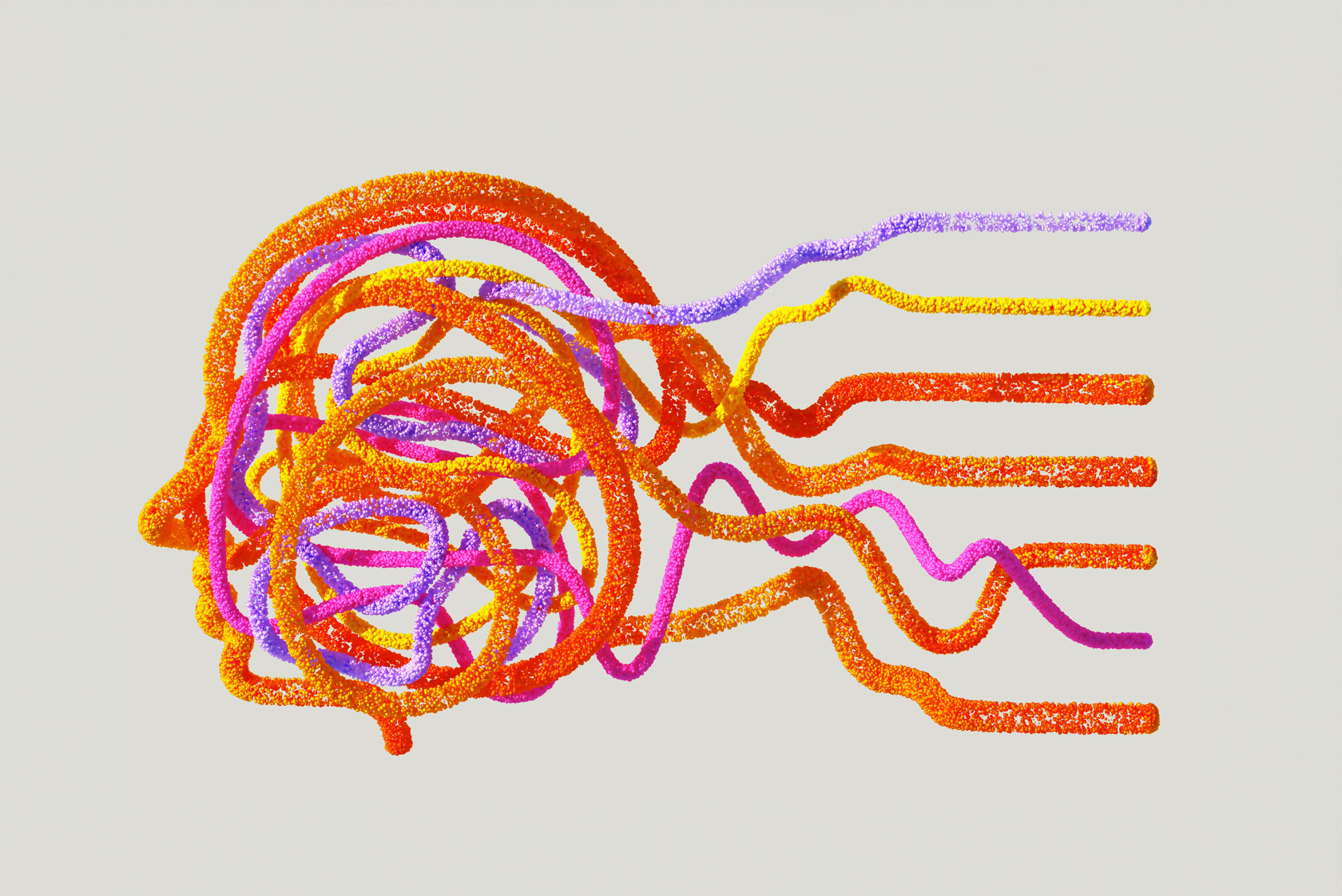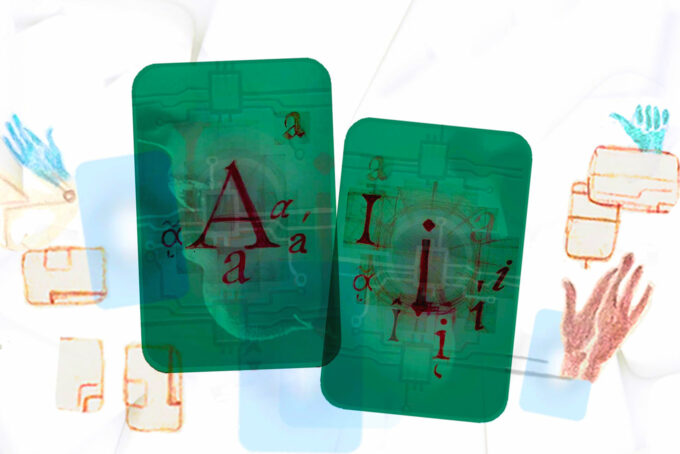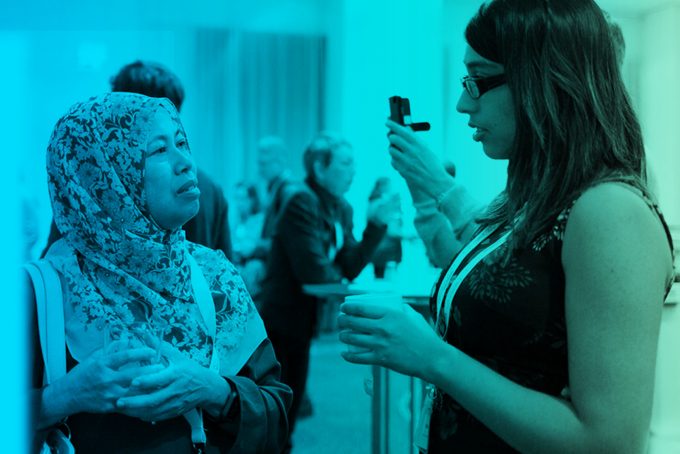
Libraries in the Shareconomy: How the Opportunities are Being Exploited
There is still room for improvement: Although the shareconomy is growing steadily and libraries are definitely involved, they could help to better utilise the potential. They could benefit from this themselves. How could this work?
by Birgit Fingerle

Sharing or lending objects, but also intangible products, is the trend. This promotes sustainability and resource conservation, exchange and a sense of community, as well as the beginnings of a new kind of economic system, and helps to alleviate financial hardship. Rarely used items do not take up space and can be put to good use, for example when they enable people to realise their own projects that would otherwise not be possible due to a lack of equipment.
When libraries play an active role in the Shareconomy (German), they make an important contribution to society and help fulfil the 17 Sustainable Development Goals (German) of the United Nations 2030 Agenda. For them, it offers the opportunity for greater visibility and attention, the chance to address new groups of users, strengthen their importance as a third place and create new incentives for visits.
Broad spectrum of shareconomy offerings
There are many interesting options for libraries in the shareconomy (German). In recent years, many libraries have set up Libraries of Things, where (everyday) items are lent out, especially public libraries, but also some academic libraries.
Academic libraries also contribute to the shareconomy through their involvement in the Open Science movement.
Shared spaces offer many opportunities for libraries. Examples include
- Coworking spaces (PDF, German), where people can work together and share resources such as workstations,
- Makerspaces (German) with access to tools and equipment for creative or craft projects,
- Community gardens (German), where plants are grown and cared for together,
- Repair cafés (German), where, for example, defective electrical appliances are repaired with support,
- Food-sharing stations (German, PDF), sharing stations for clothing or other items.
Events in the context of the sharing economy can promote a sense of community and at the same time attract a lot of attention to libraries:
- Swap and sharing events where books, clothes or other items can be exchanged with each other, alternatively also via an online platform, for example as a virtual loan shop (German),
- Repair workshops,
- Community gardening,
- Knowledge exchange and skills sharing, for example in lectures, presentations or discussions or through practical teaching,
- Maker events where people work together on projects,
- Events that provide information about sustainable living, for example as part of a ShareFest.
Systematically develop shareconomy offerings
Involving (potential) users and other stakeholders in the planning process helps to take their needs into account and can also serve as advertising. Libraries can use various methods and approaches for this, such as:
- Surveys, focus groups or individual interviews,
- obtain feedback on a “wish list” of items,
- the “Library of Things shortlist” (PDF; German), the “Guide to a Library of Things” (PDF, German), the workshop concept “Library of Things Curriculum” or “How to share: 300 guides to help your community thrive”,
- organise an open innovation project or a hackathon,
- organise a workshop, for example with Liberating Structures, creativity techniques or Lego Serious Play.
Design thinking can be used as a more comprehensive approach for the entire process. The wishes and needs of users take centre stage. Solutions and ideas are quickly communicated in the form of prototypes and continuously fed back to the target group.
Dragon Dreaming (German) is also a more comprehensive approach. It is particularly suitable as an instrument for the realisation of participatory projects, especially in the area of sustainable community development. It is both a set of tools and methods for organising individual workshops and an agile project management method for designing the entire development process, which can consist of several associated workshops and other formats, as well as a philosophy and attitude.
Drawing up a rough business plan helps to plan key points, for example with a social lean canvas, a business model canvas or a project canvas (German).
Libraries can build on their core competences
By their very nature, libraries have always been part of the sharing economy. If they contribute to its expansion, they can make an important contribution to society and in turn benefit from it themselves. There are many role models and methods for this.
This might also interest you
- Innovations in Libraries: Impressions of a Study Trip to the Netherlands
- Trends 2024: Workplace Revolution Leveraging old and new Technologies
- User Experience in Libraries: 35 Promising Starting Points for Entry and Exchange With Like-minded People
- Libraries and Online Events, part 1: How to Plan a Successful Event
- Bibliotheken in der Shareconomy: Zentraler Player oder Außenseiter? (German)
Birgit Fingerle holds a diploma in economics and business administration and works at ZBW, among others, in the fields innovation management, open innovation, open science and currently in particular with the “Open Economics Guide”. Birgit Fingerle can also be found on LinkedIn.
Portrait, photographer: Northerncards©
View Comments

Data Stewards: Central Contact Point for Research Data and Open Data
A few years ago, universities and research institutions began appointing data...



